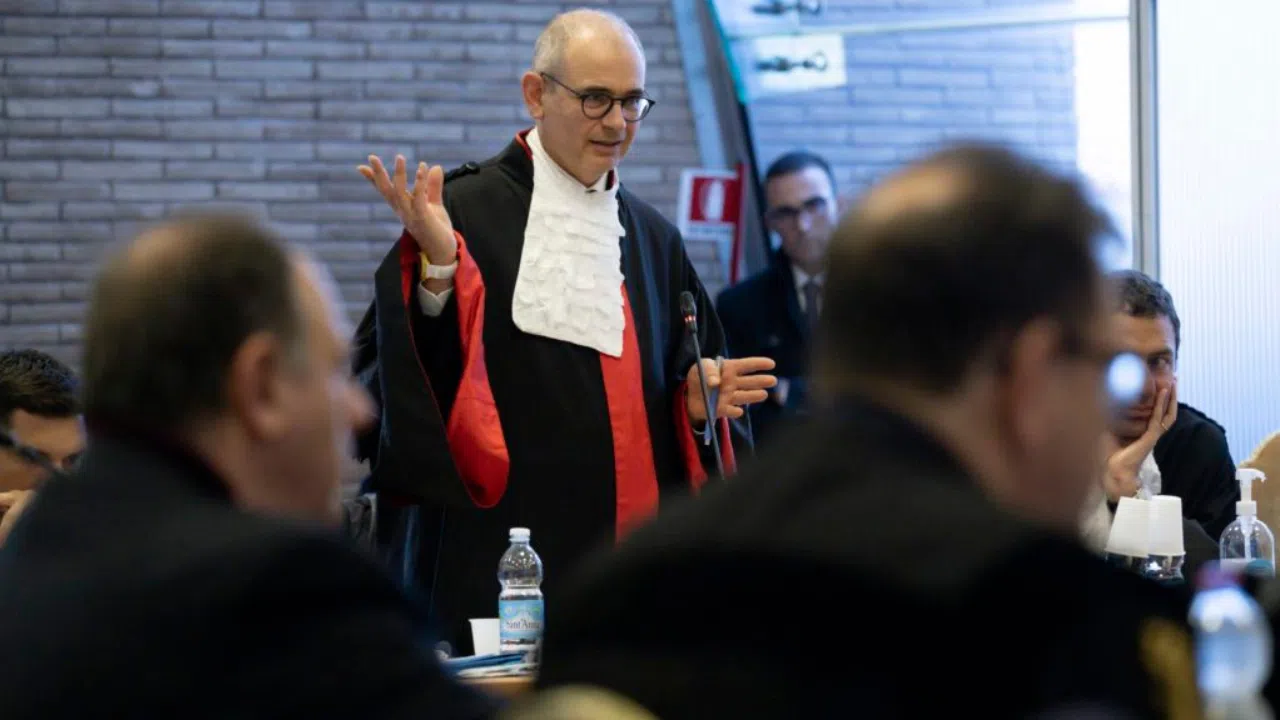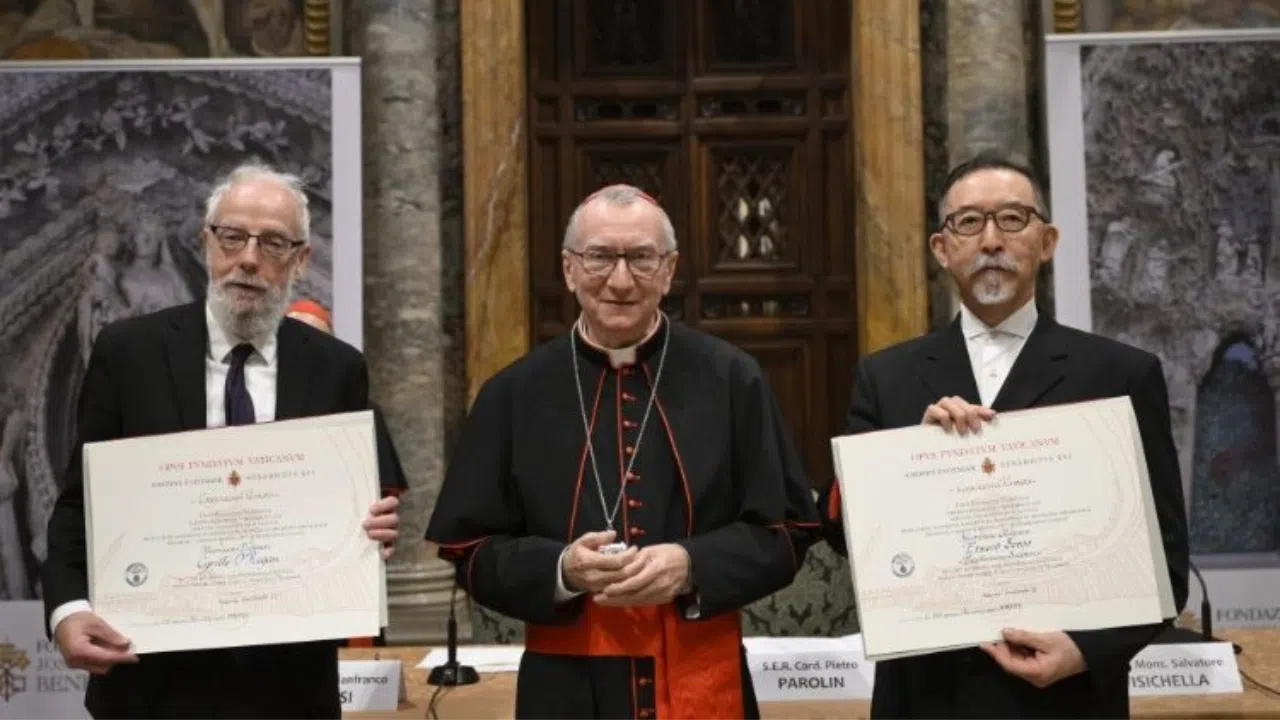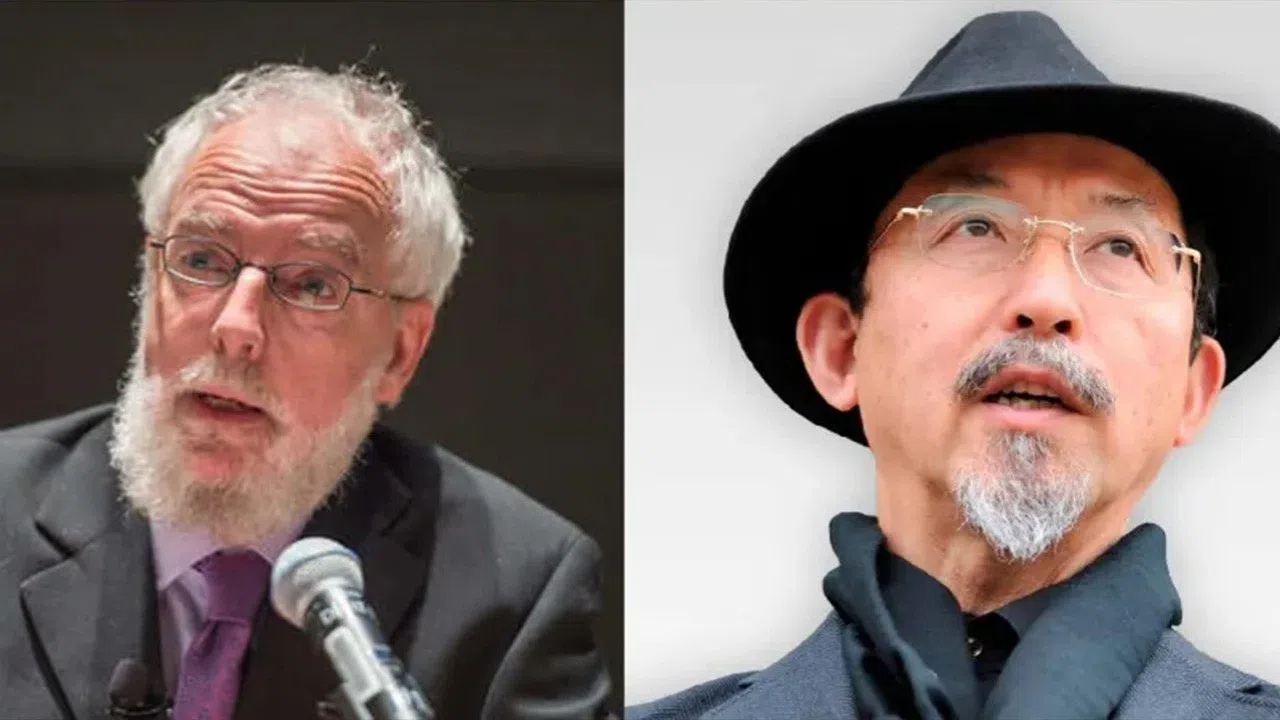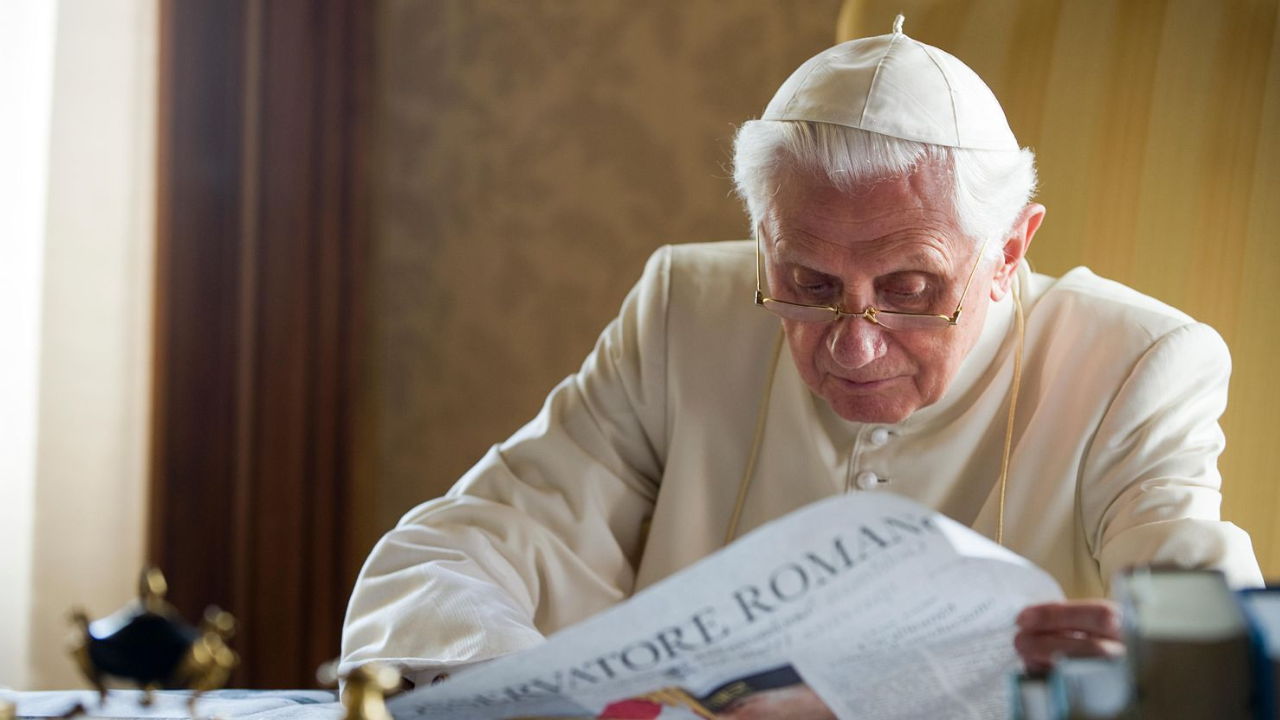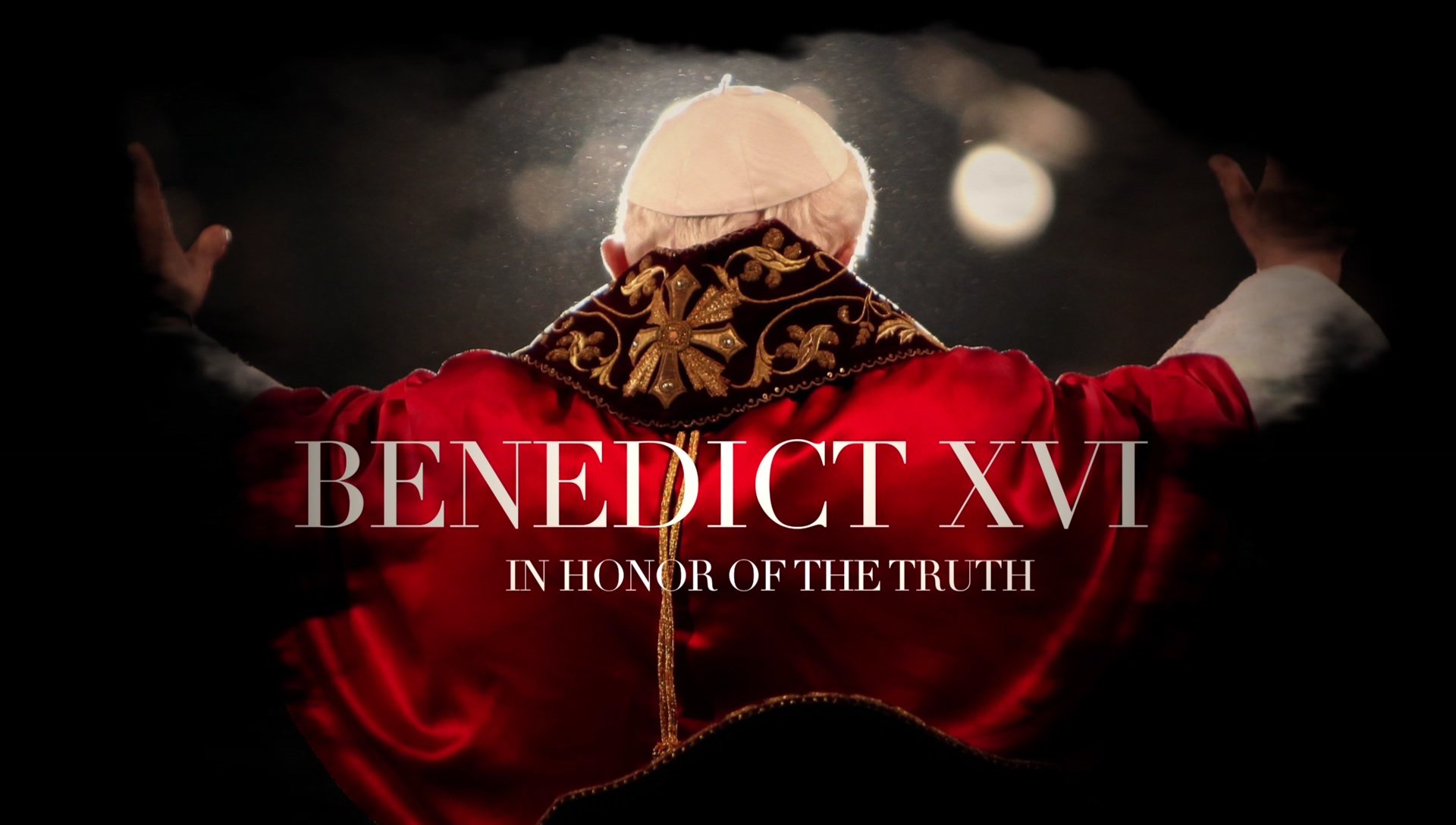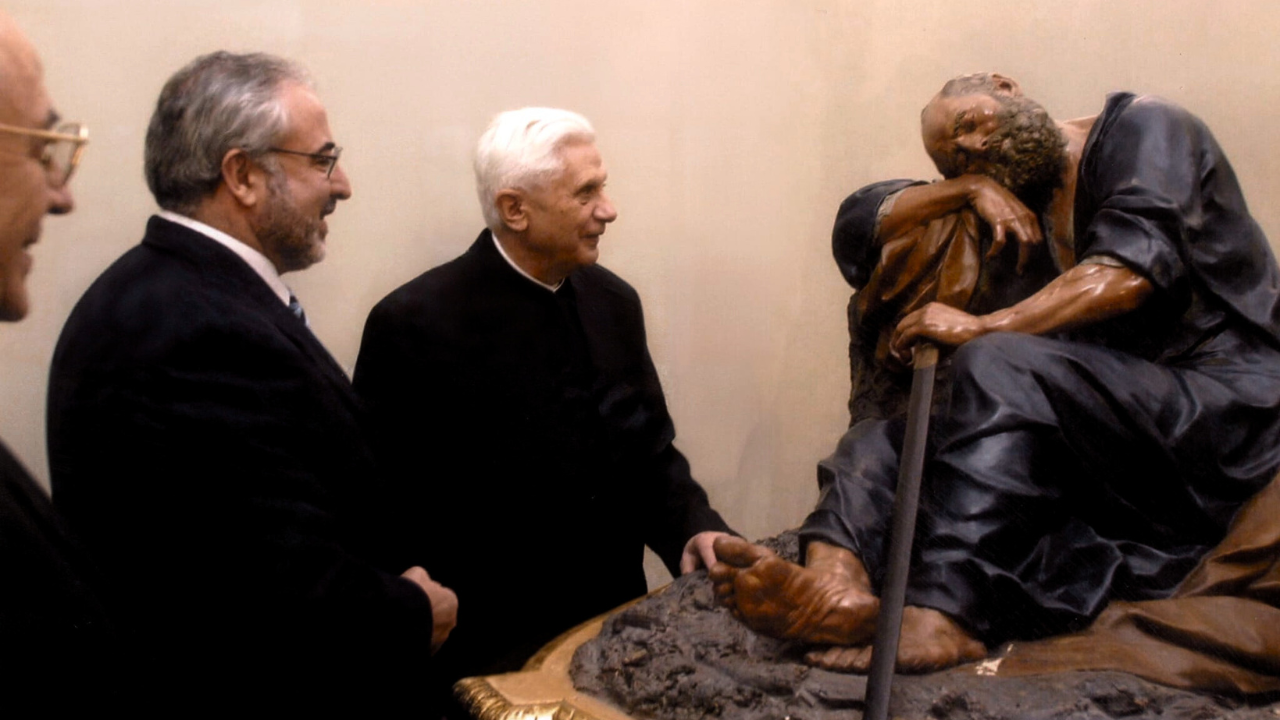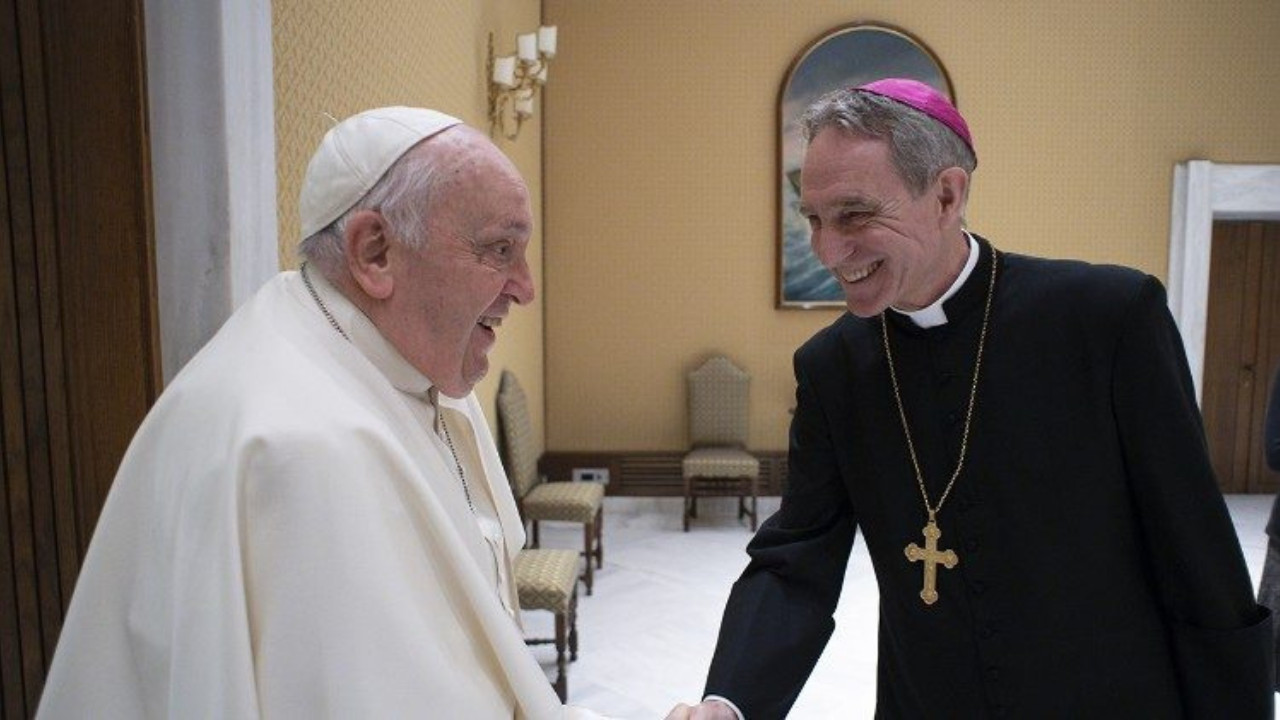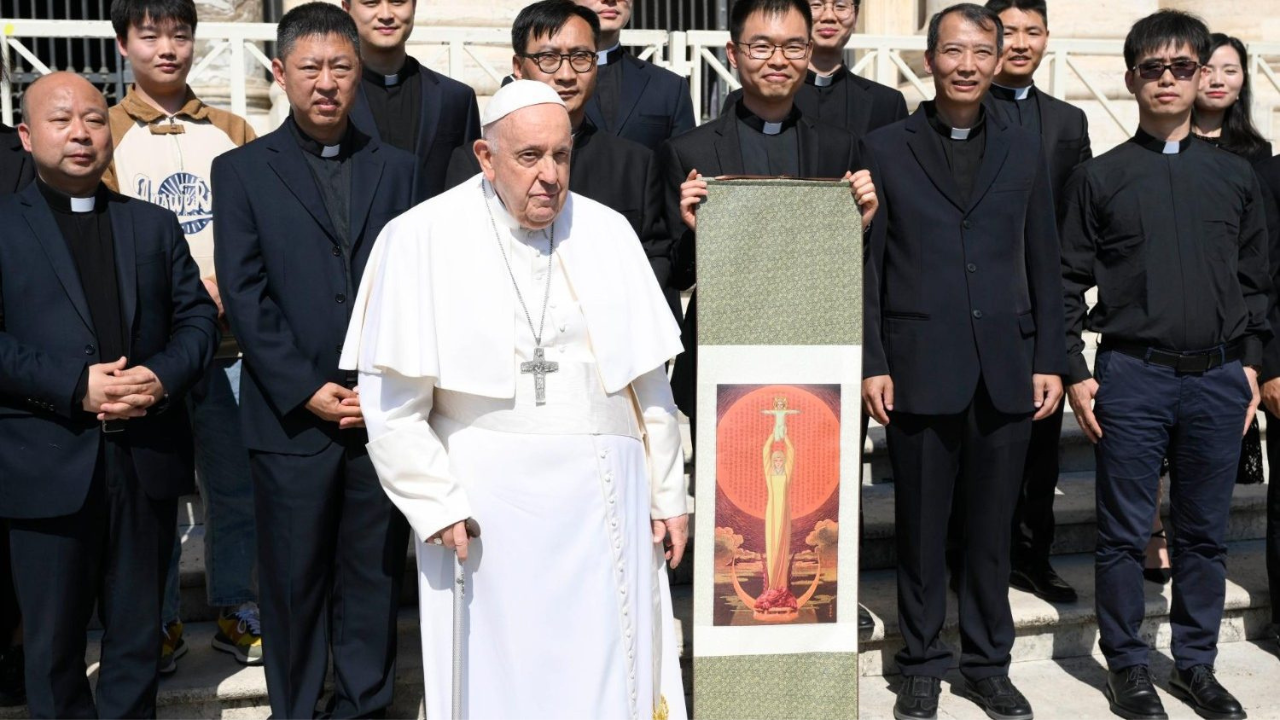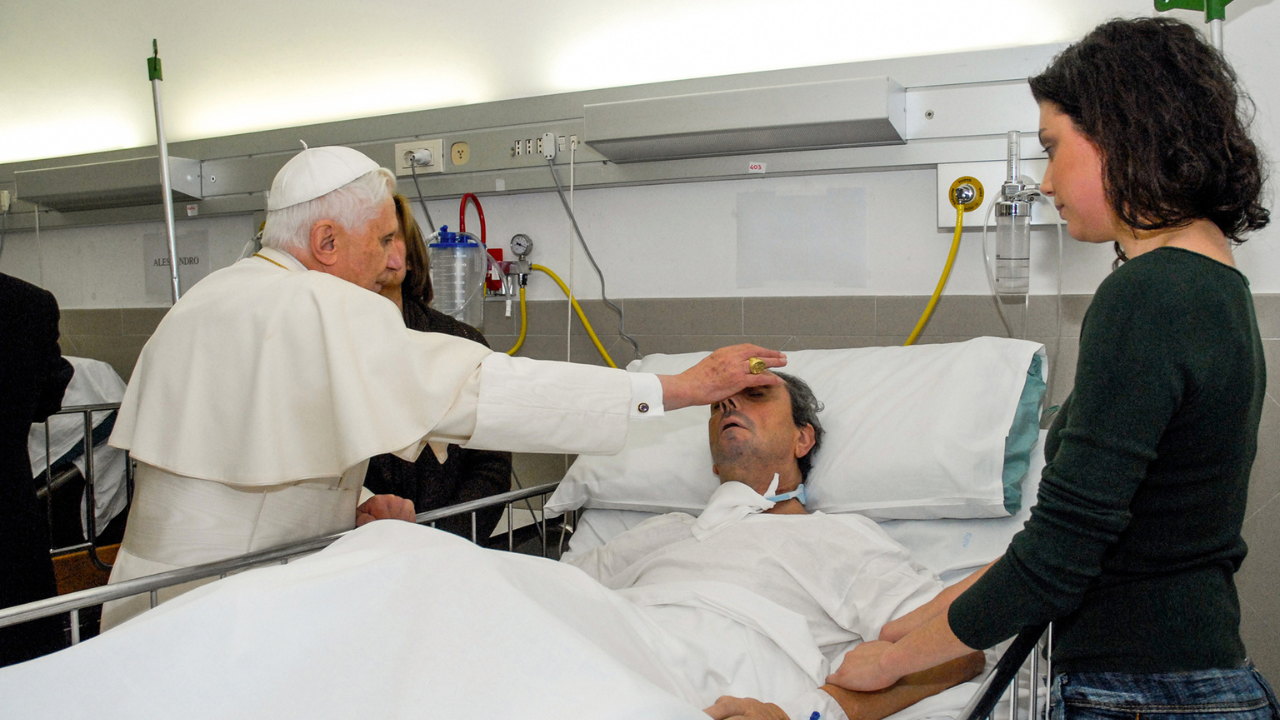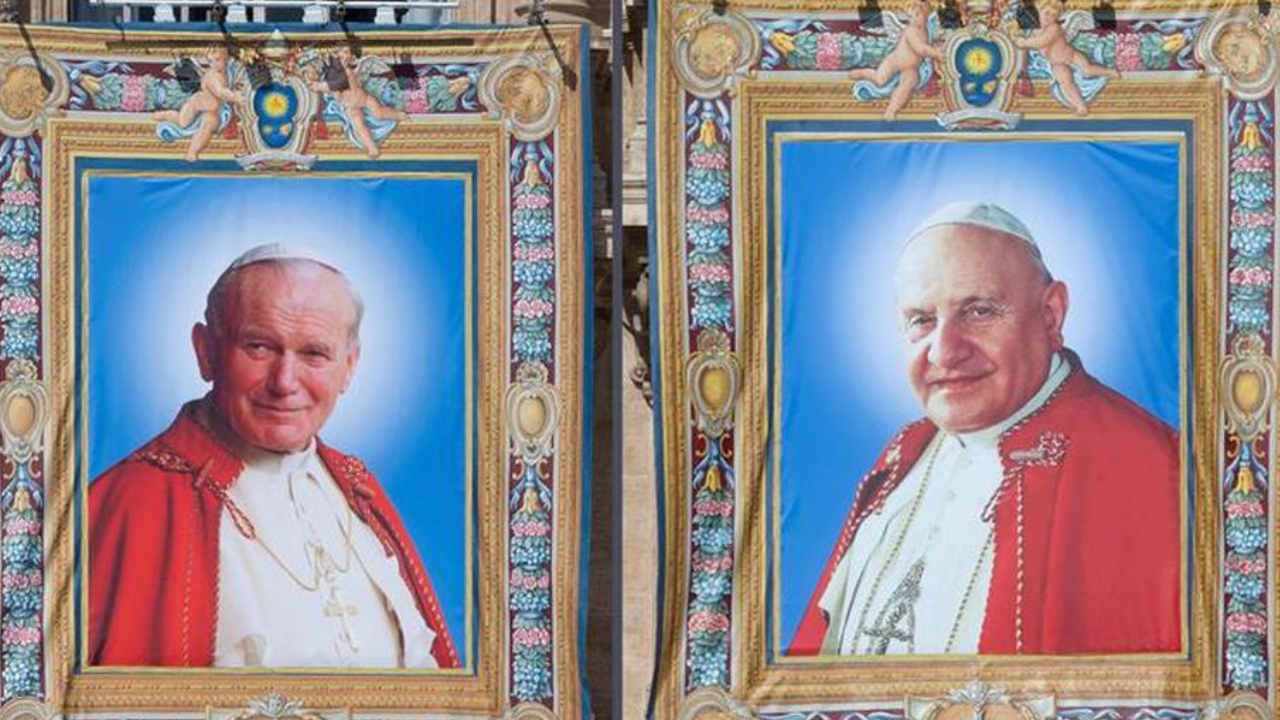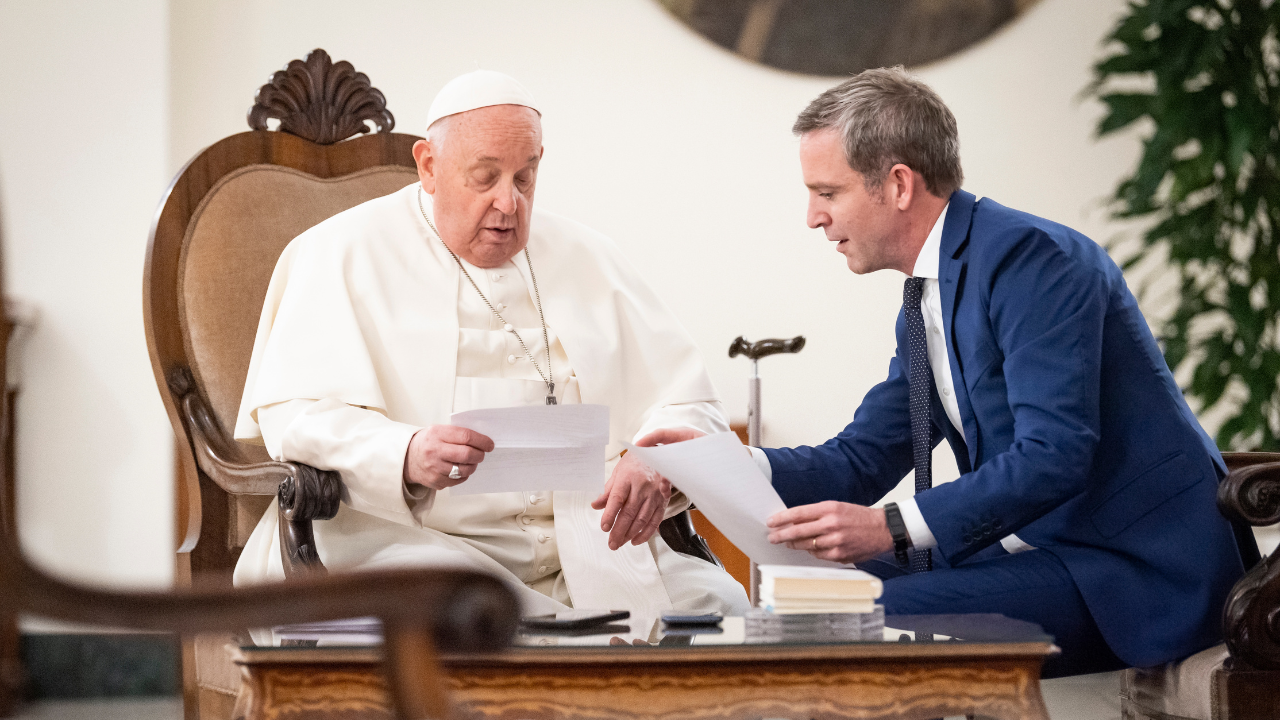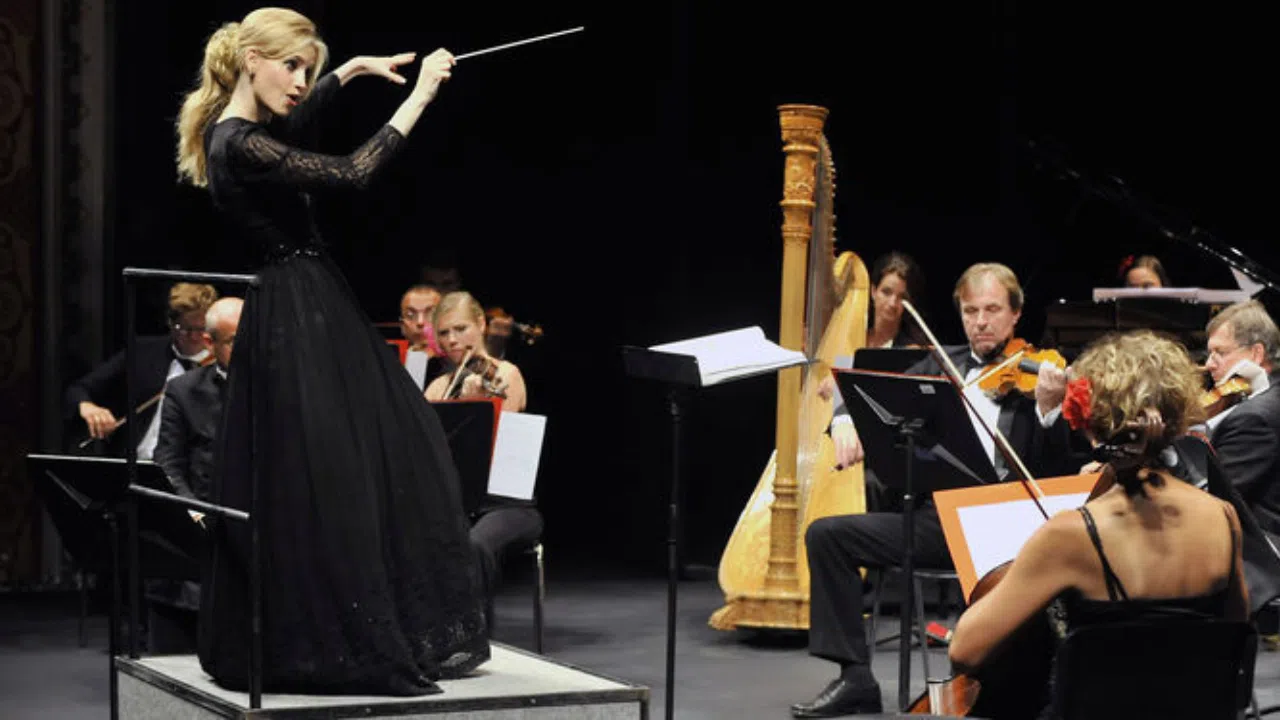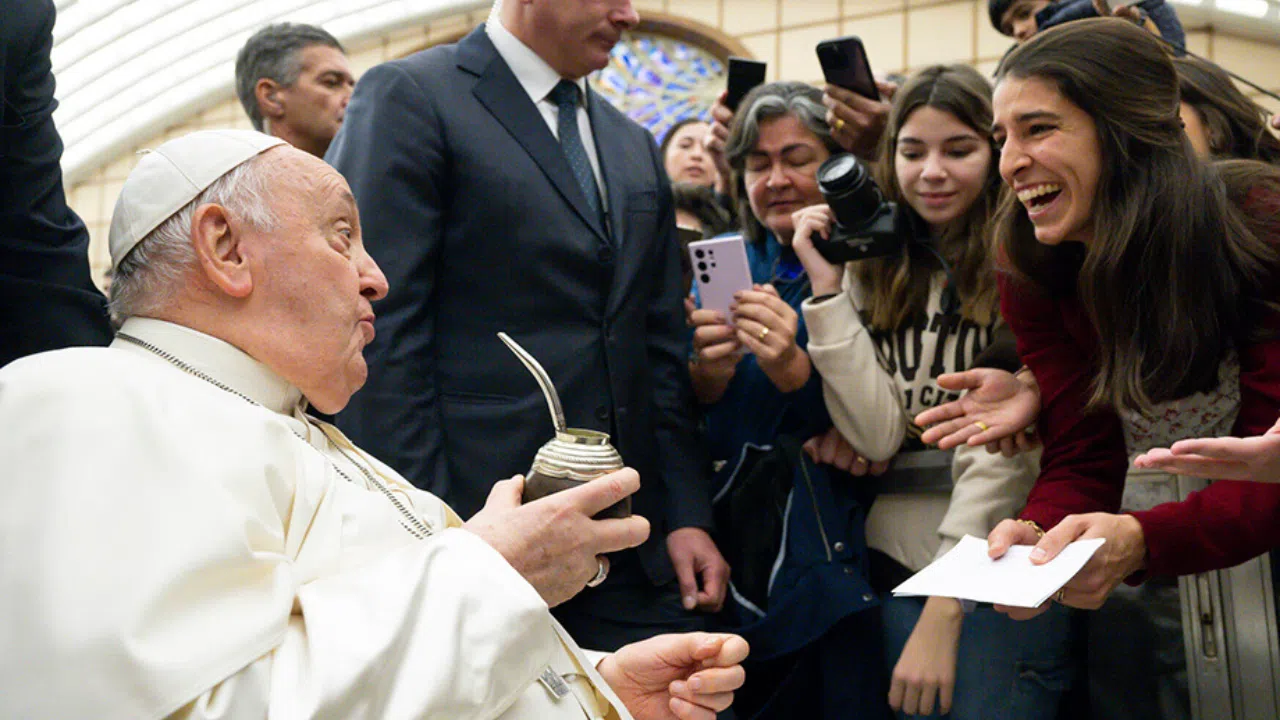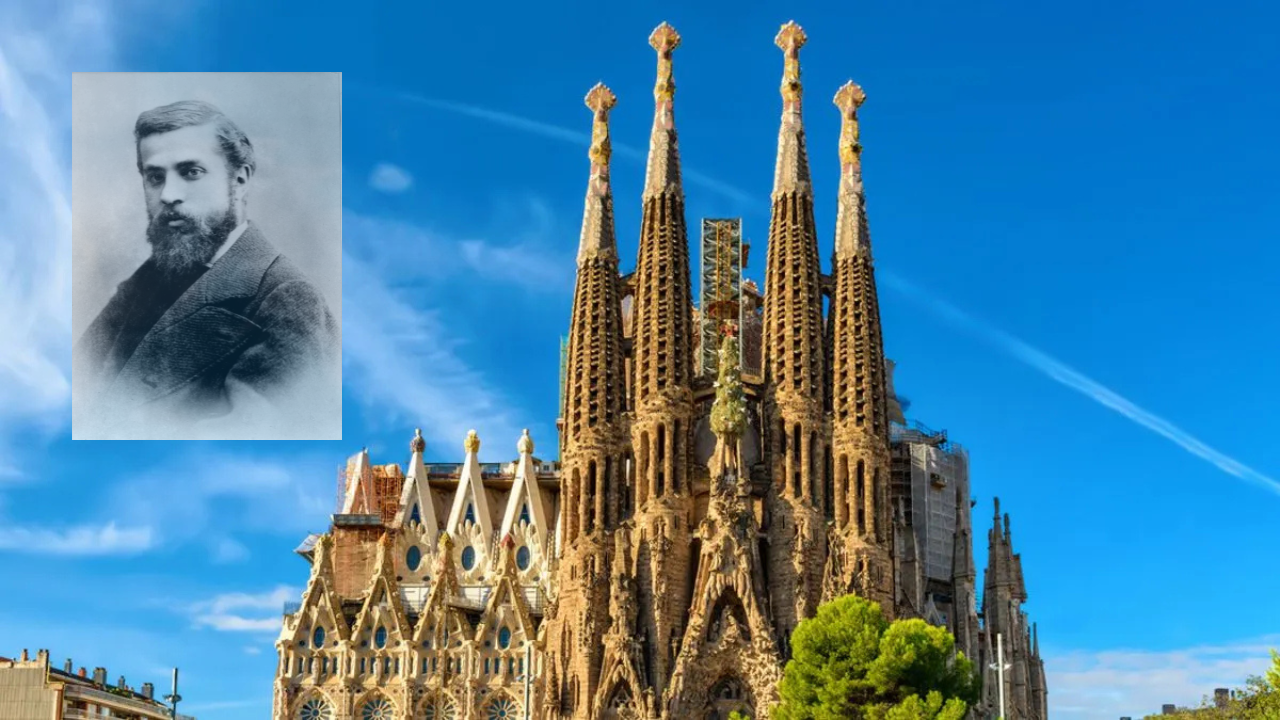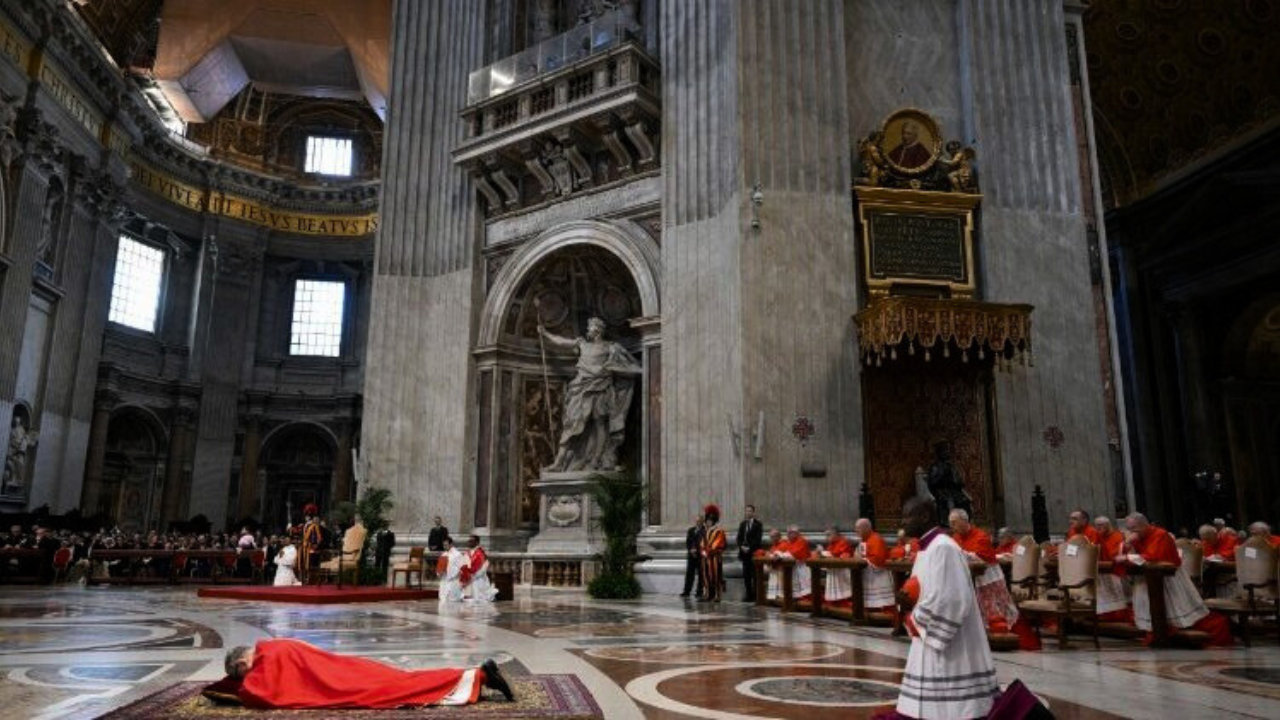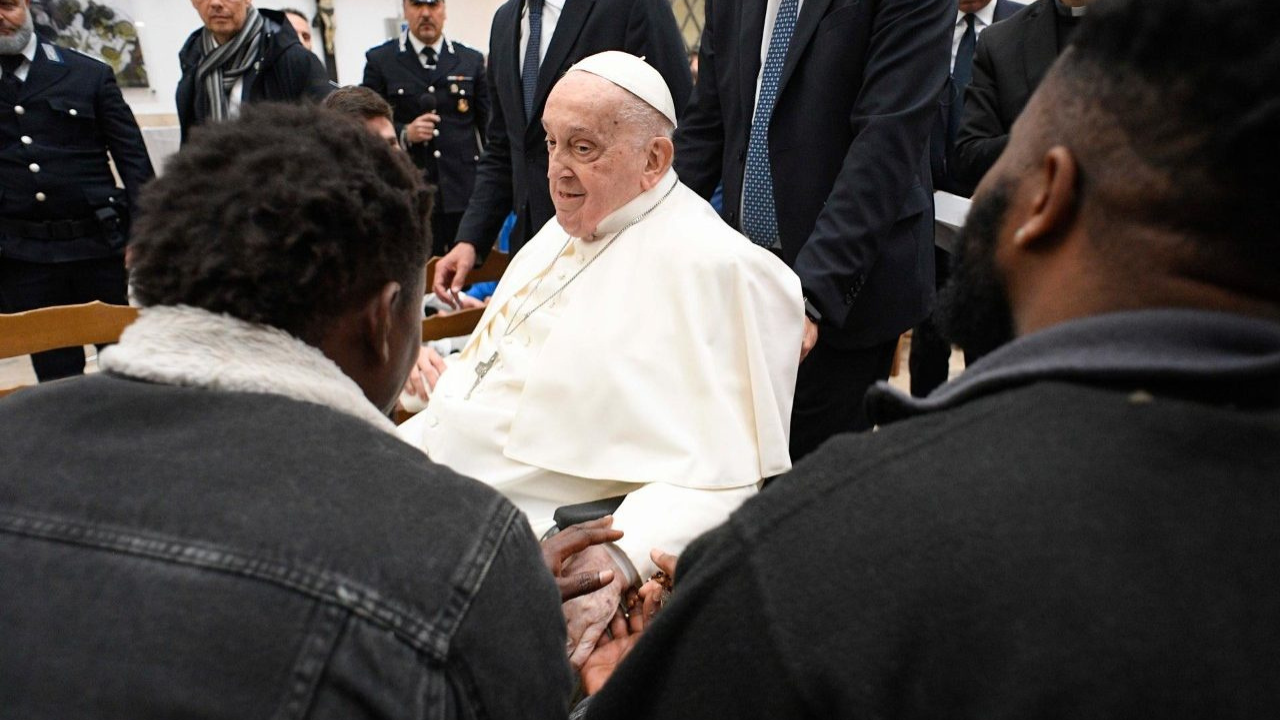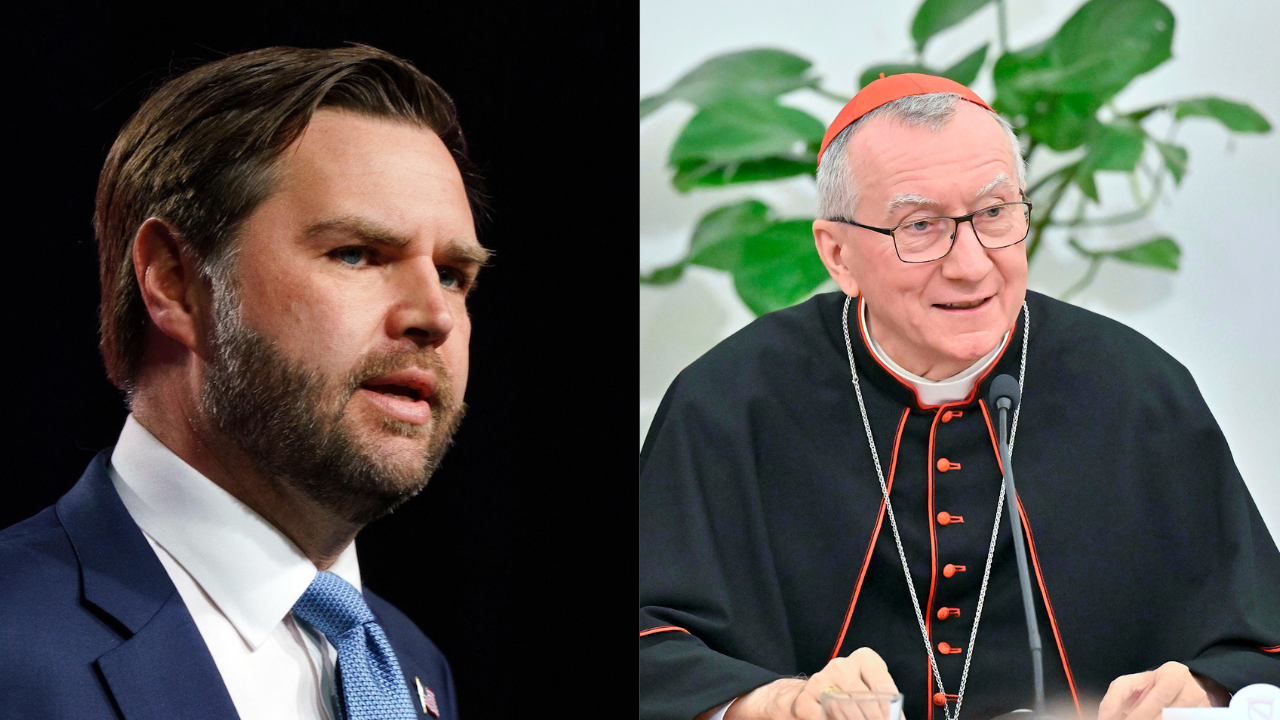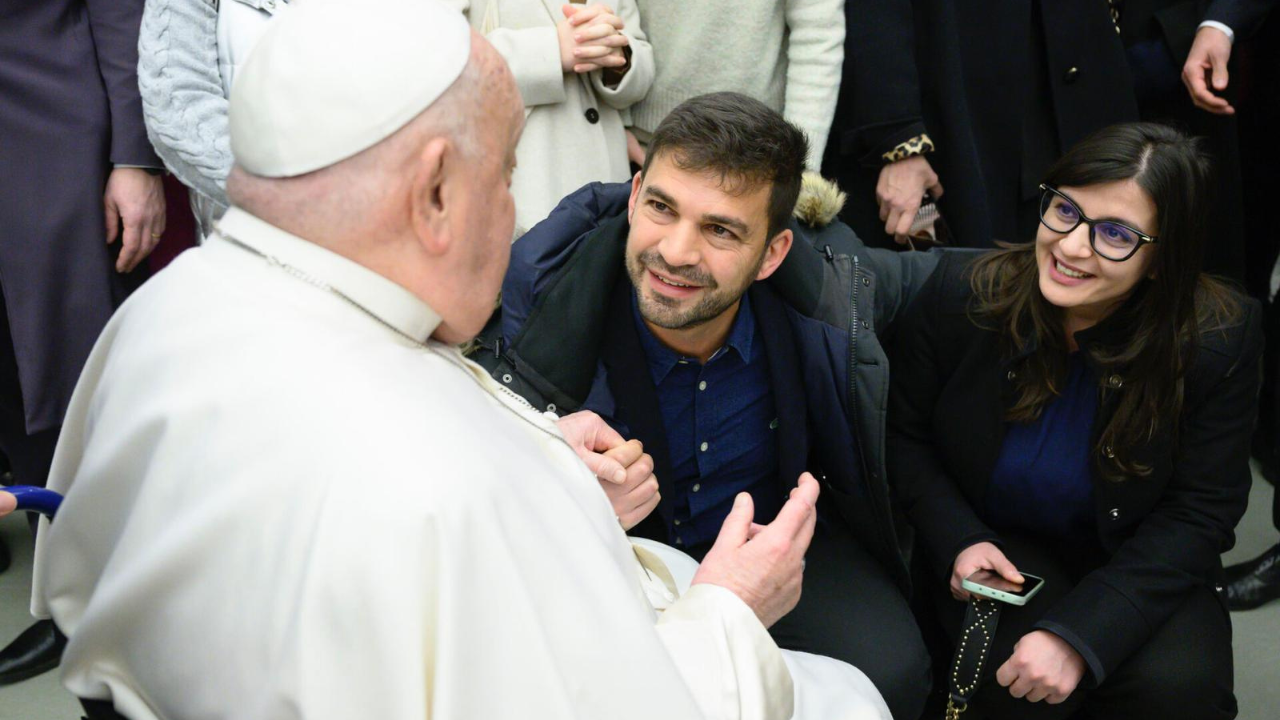Throughout the eight years of his pontificate, Pope Benedict gave great lessons to the world that continue to have an impact in the Church and society. We have chosen four of them.
His theological writings
The masterwork of Pope Benedict is his book 'Jesus of Nazareth.â? He wrote it during his limited free time. In it, he shows that the Jesus who appears in the Gospels is the same who actually existed.
In addition, the theologian-pope organized a synod so that Catholics could better appreciate the Bible. He explained that the Second Vatican Council cannot be read as a discontinuous with the past, but rather in continuity with it. He also taught how to appreciate the deeper significance of liturgical rituals.
Three great public speeches
The second lesson of the pope is contained in three of his political speeches on the role of religion in public debate. They were given at the French Academy, in the English Parliament and in the German Parliament.
Collí¨ge des Bernardins (Paris)
September 12, 2008
'Amid the great cultural upheaval resulting from migrations of peoples and the emerging new political configurations, the monasteries were the places where the treasures of ancient culture survived, and where at the same time a new culture slowly took shape out of the old.â?
Westminster Hall (London)
September 17, 2010
'If the moral principles underpinning the democratic process are themselves determined by nothing more solid than social consensus, then the fragility of the process becomes all too evident - herein lies the real challenge for democracy. (...) Religion, in other words, is not a problem for legislators to solve, but a vital contributor to the national conversation.
Bundestag (Berlin)
September 22, 2011
'For much of the matter that has to be regulated juridically, the majority criterion may be one sufficient criterion. However, it is evident that in fundamental questions of Law, in which the dignity of the human person and of humanity is at play, the principle of the majority is not enough.â?
Dialogue
The third lesson of Benedict is his attitude towards dialogue. Without success, Benedict extended his hand to the Fraternity of St. Pius X, the traditionalist group founded by Marcel Lefebvre. He also promoted relations between the Catholic Church and the Jewish community, especially by traveling to Israel and holding meetings with rabbinical organization. During the crisis following his speech at Regensburg, he multiplied his gestures to refute the idea of a clash of civilizations between Christians and Muslims.
The pope who stepped down
However, the greatest lesson of the pope-professor that will be most remembered is that contained in the following words:
'Because of my advanced age, I do not have the strength to properly exercise the Petrine Ministry.â?
Although the possibility of resigning was provided for in Canon Law, no pontiff has ever done so while in the full exercise of his powers.
For this reason, Benedict opened a door that probably other successors of Peter will pass through.
Also, he is a master in the art of being the pope emeritus: for he spends his life in prayer in the Vatican, only making public appearances with his successor to support his ministry.
JMB/RSW
RR
SV
- PR
Up:FV
